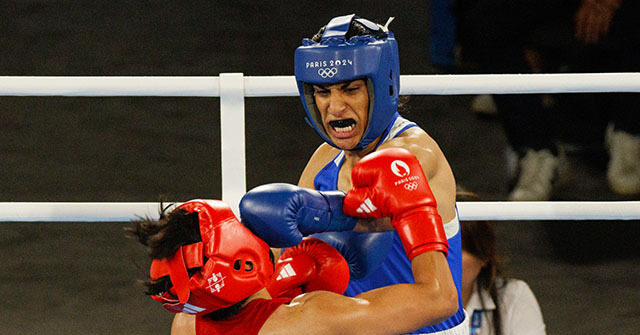A recent report issued by United Nations adviser Reem Alsalem advocates for the reinstatement of sex testing in international boxing, citing concerns that emerged during the Paris Olympics. The controversy arose when two boxers—Khelif, competing in the 66-kilogram division, and Lin Yu-ting from Taiwan, in the 57-kilogram division—were disqualified by the International Boxing Association (IBA) in March 2023 due to failed tests that questioned their eligibility as women. IBA President Umar Kremlev noted the boxers’ genetic makeup, asserting they possess XY chromosomes, which are typically associated with male anatomy. This situation ignited discussions about the fairness of inclusion policies for transgender athletes in women’s sports.
Both athletes identify as women and provided documentation, including Khelif’s birth certificate that states she was assigned female at birth. Despite this, the report underscores the need for rigorous sex testing to verify the eligibility of participants in women’s competitions. According to Alsalem, the absence of such screenings during the Olympics was a failure to uphold fairness, as female competitors were left to contest against athletes whose identities were in question. The report emphasizes that implementing reliable and minimally invasive sex screening methods, such as a simple cheek swab, could provide confidentiality and maintain the dignity of the athletes involved.
The report also addresses the physiological discrepancies that can occur with testosterone suppression in individuals transitioning from male to female. Alsalem argues that simply lowering testosterone levels does not negate inherent advantages that biological males may have, thereby creating an uneven playing field that disadvantages biological females. She cautions against undermining established eligibility criteria for women’s sports, suggesting that this trend results in detrimental discrimination against female athletes based solely on their biological sex.
In her recommendations, Alsalem proposes the creation of an open category for transgender athletes to compete separately from both men’s and women’s categories. This suggestion aims to maintain the integrity of women’s sports while ensuring that transgender athletes have a designated space to compete. The report highlights the tangible impacts of current policies, noting that around 600 female athletes have potentially lost out on an estimated 890 medals across 29 different sports due to competing against transgender athletes. This alarming statistic points to the need for a reevaluation of existing policies to ensure fair competition.
The conclusion of Alsalem’s report pushes for urgent action, highlighting the necessity for sports governing bodies to adopt clear and enforceable standards regarding athlete eligibility. By reinstating sex testing and establishing specific categories for transgender athletes, organizations like the IBA can mitigate controversies and foster an equitable sporting environment. The report argues that these changes are crucial not only for preserving fairness in competitions but also for protecting the rights and opportunities of all athletes, particularly women who may find themselves sidelined in the competitive sphere.
Overall, Alsalem’s insights reflect an ongoing debate in the realm of sports regarding how best to balance inclusivity with fair competition. As the landscape of athletics continues to evolve, the adoption of effective policies that safeguard the interests of all participants remains paramount. The reinstatement of sex testing emerges as a vital step towards ensuring that competition in women’s sports remains just and equitable, while also accommodating the rights of transgender athletes through appropriate categorization and recognition.

